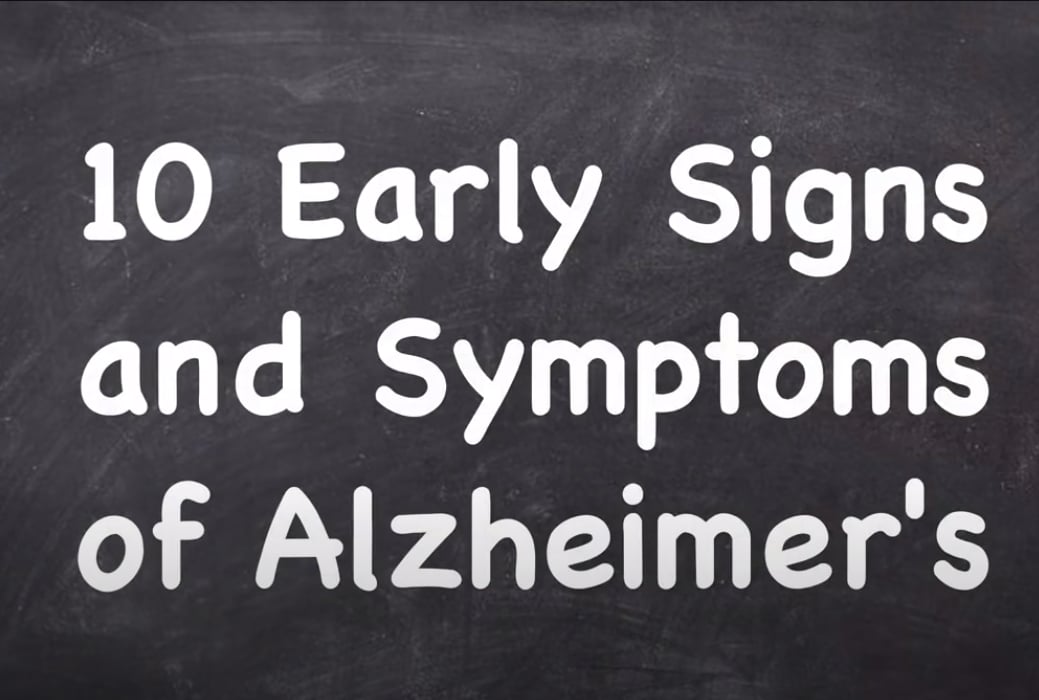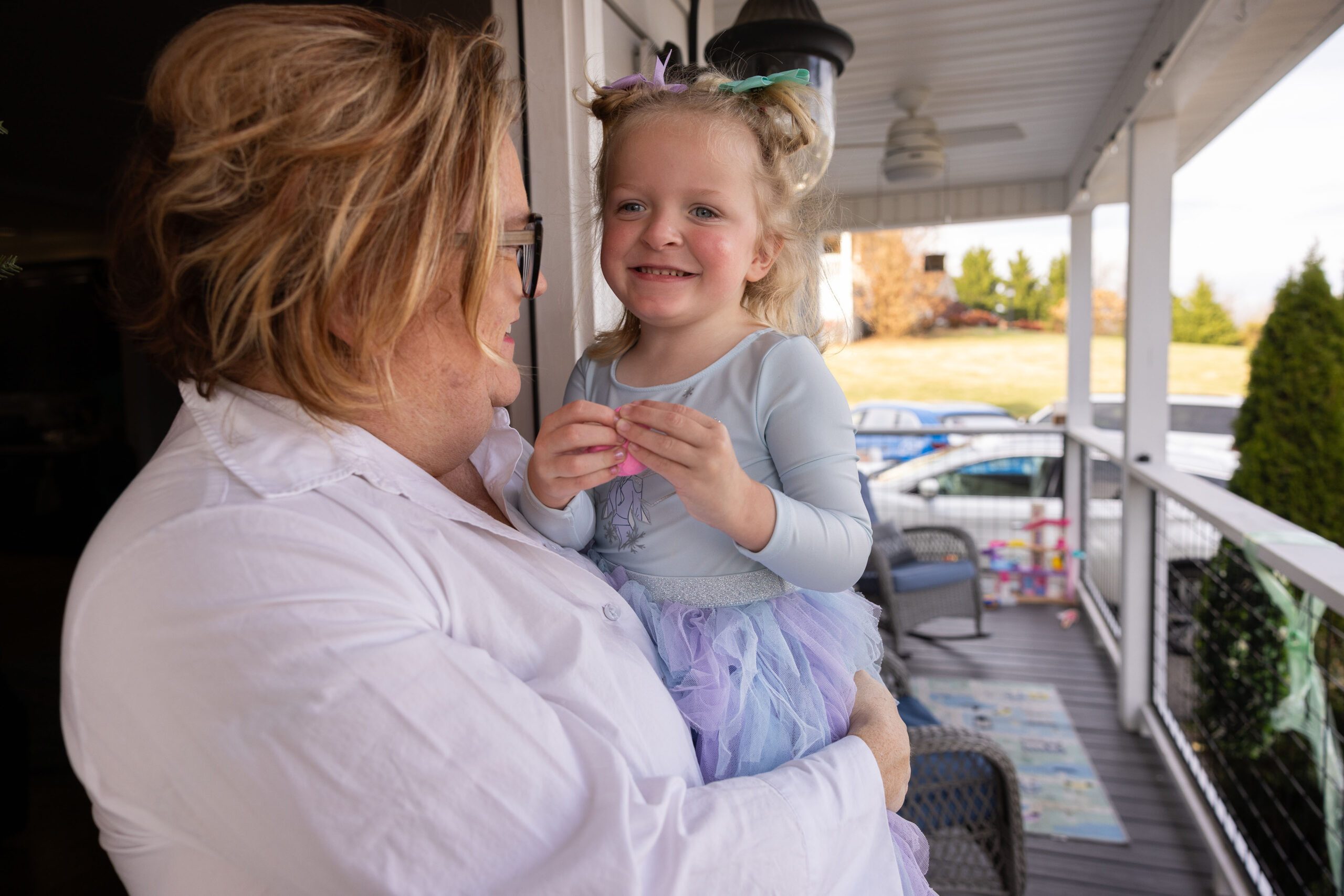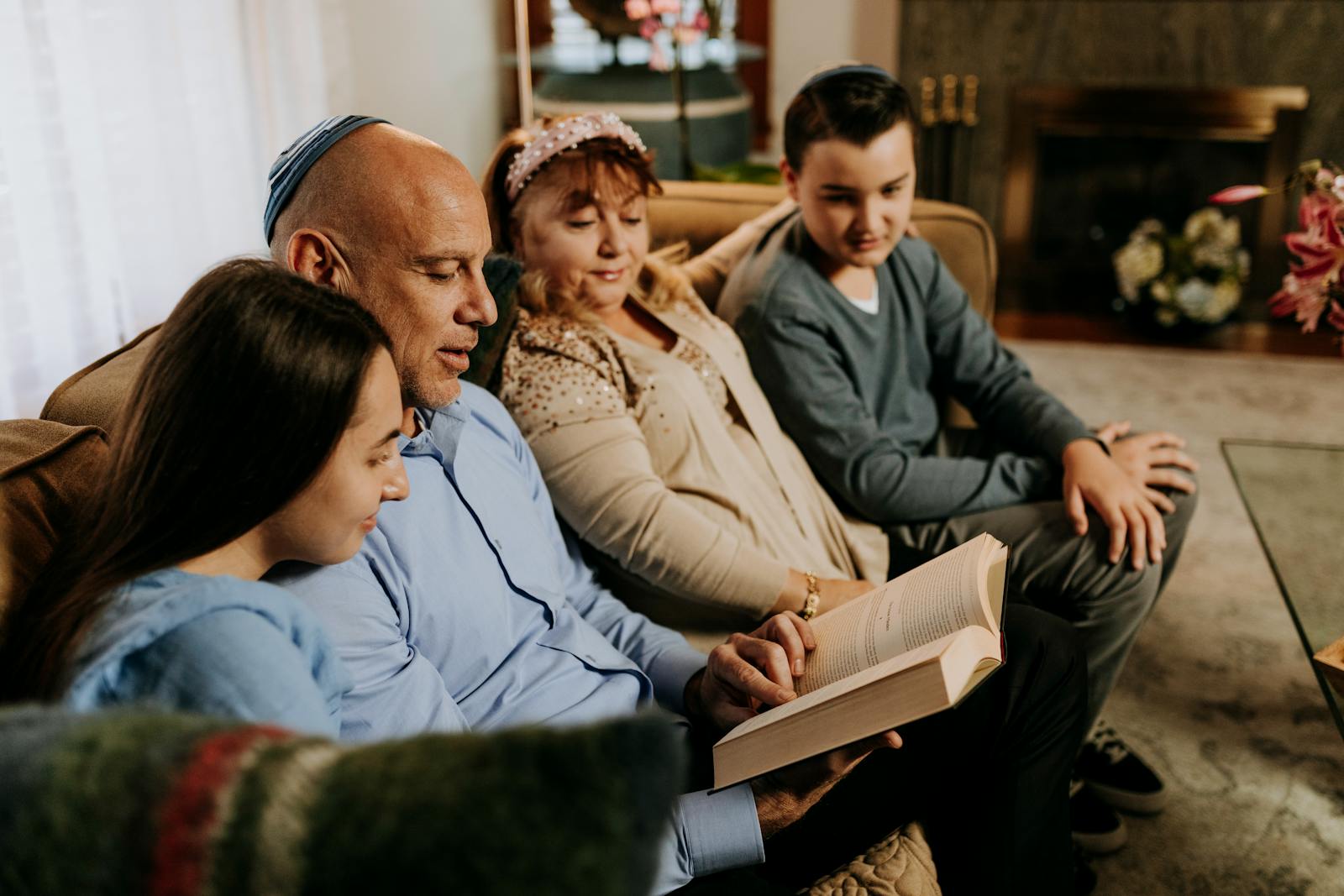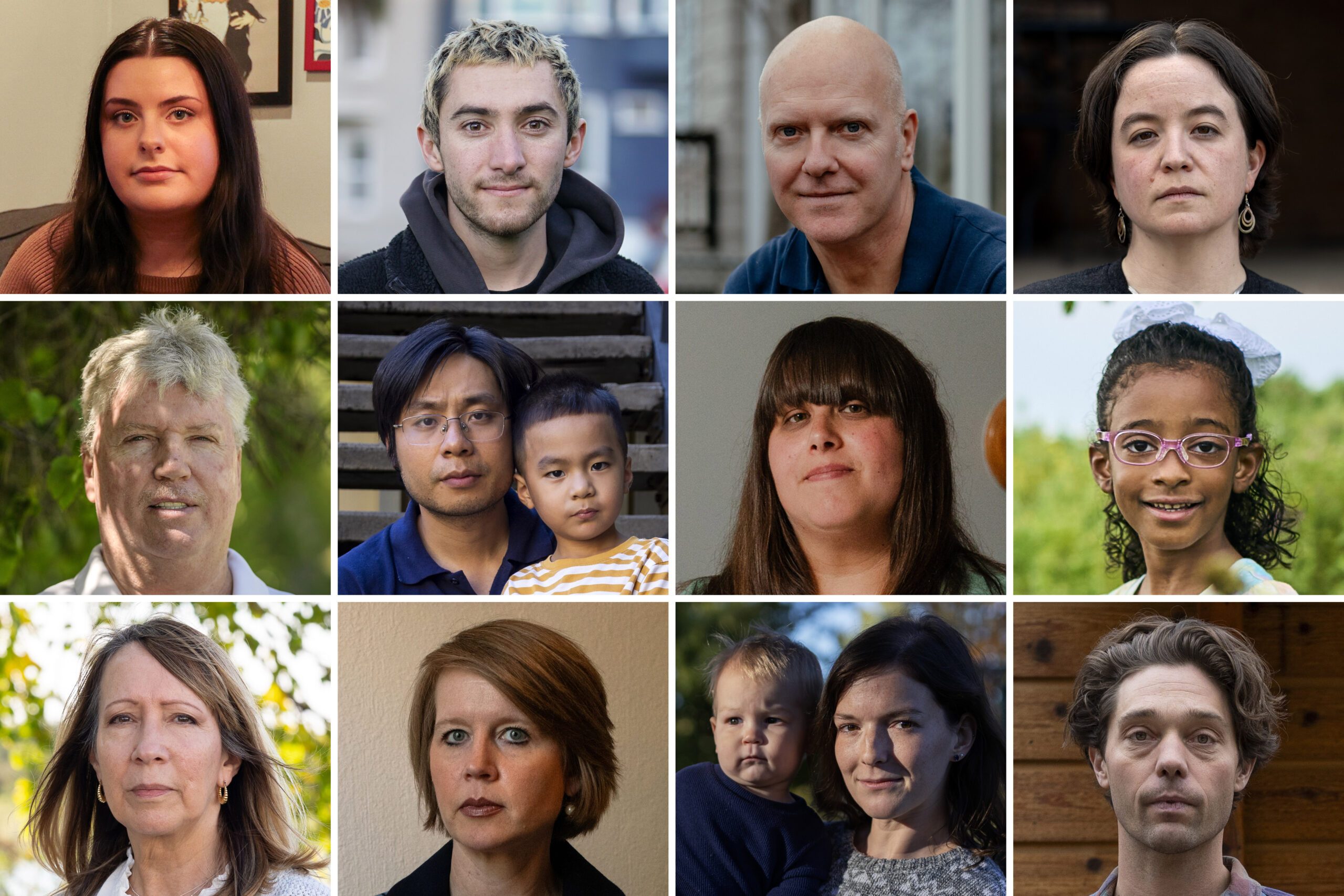 The following interview is part of a “future of mental health” interview series that will be running for 100+ days. This series presents different points of view about what helps a person in distress. I’ve aimed to be ecumenical and included many points of view different from my own. I hope you enjoy it. As with every service and resource in the mental health field, please do your due diligence. If you’d like to learn more about these philosophies, services, and organizations mentioned, follow the links provided.
The following interview is part of a “future of mental health” interview series that will be running for 100+ days. This series presents different points of view about what helps a person in distress. I’ve aimed to be ecumenical and included many points of view different from my own. I hope you enjoy it. As with every service and resource in the mental health field, please do your due diligence. If you’d like to learn more about these philosophies, services, and organizations mentioned, follow the links provided.
**
Interview with James Davies
EM: You’ve written a book called Cracked: Why Psychiatry is Doing More Harm Than Good. What were intentions with that book and what are its headlines?
JD: Well, the book’s main headline is that psychiatry over the past 35 years, under the dominance of the biomedical model, has started to become bad for our mental health. Now, it’s one thing for the professional to know about this state of affairs, but something else entirely for the wider public. So my intention was to write an accessible and engaging book for the growing number of unsuspecting people being seduced by psychiatric drugs and diagnoses, largely on the basis of false information.
If they really knew the facts, they would think again, or at the very least, make more informed choices. So I present those facts in a digestible way: diagnostic manuals resting on no solid empirical foundations; the safety and efficacy of drugs being grossly overstated; unrestrained medicalization driving up rates of stigma and unnecessary prescribing; clinical outcomes getting worse not better; the existence of widespread corrupting ties between the pharmaceutical industry and psychiatry; negative drug data being systematically buried or manipulated, and the biological model of suffering still sitting unsubstantiated.
Supported by these and other facts I argue that much biomedical psychiatry has become a liability, better serving its proponents than the people it purports to help. The book takes us on a journey into the heart of these issues, interviewing leading lights in psychiatry along the way. What I discovered was truly shocking to me – completely upending the reality I had broadly accepted before my journey began.
EM: You’ve also written a book called The Importance of Suffering. What are its intentions and headlines?
JD: This book was written a few years before Cracked, and in many ways lays the intellectual foundation for Cracked’s critique of the medical model. It argues that as a society our relationship to emotional suffering has become very tortured in recent decades. Suffering was once framed in more culturally tolerant ways: as the organism’s protest against harmful social and environmental conditions (that required rectification), as a natural and albeit painful response to the difficulties of living (which needed to be addressed), or simply as part and parcel of what it means to live, love and grow as an individual.
That more benevolent perspective has now been supplanted by the idea that suffering is largely an index of failure, of illness – a useless encumbrance best swiftly removed. We no longer culturally imagine suffering as an opportunity for useful personal and social change, if managed correctly. But of course it has not always been that way, and it’s certainly not that way in many other communities across the globe today. In other words, the book is interested in what has driven our culturally situated negative relationship to emotional suffering. I point to shifts in the political economy since 1980s, the rise of highly profitable and influential ‘anaesthetic regimes’ (e.g. pharmaceutical, cosmetic and romantic industries), to a society shorn of non-medical narratives.
I conclude that not only have we lost the art of learning from our suffering, but that we have been coerced by commercial and professional interests into believing there is no such art. The best we can do is fear and sedate our suffering. This simple idea has been one of the great marketing successes of the 20th century – as financially profitable to its proponents and it has been humanly costly to its recipients.
EM: Another of your books is The Making of Psychotherapists: An Anthropological Study. What is that book about?
JD: That book was based on my PhD thesis in medical anthropology, which I wrote at Oxford University, so it was quite specific in scope and intention, as most PhDs have to be. Nonetheless, it tried to solve a question that plagued me at the time – why is there so much closed-mindedness in the psych-professions, so much competitiveness and often hostility between the different therapeutic traditions. On what is this based? – On reason, on evidence, on scientific certainty or on something else?
In my view, it is often based on basic human tendencies to cohere with the group, to fight for one’s self-interest, to defer to authorities in the search for professional status and certainty. In particular, I explore how the closed-mindedness afflicting the psych-professions is actually stoked by how professionals are being trained – in how training institutions exploit and exacerbate these human tendencies, often unknowingly, for their own institutional aims.
In other words, trainings are places where persons are socialised to uphold the values and beliefs of the particular tradition into which they are being initiated. What is good for the ‘patient’ is often less important than what will ensure the longevity of the therapeutic tribe upon which one’s status and livelihood will come to depend. So I tried to expose anthropologically the tacit institutional devices used in training to transform persons into celebrants and defenders of the tradition (often in ways, and unbeknown to practitioners themselves, that are at the expense of the ‘patient’). The field site where I undertook 18 months of participant observation comprised psychoanalytic trainings schools in London. Much that I found within them I have subsequently learnt has far wider salience, in particular in the realm of psychiatric training.
EM: If you had a loved one in emotional or mental distress, what would you suggest that he or she do or try?
JD: Well, the best we can do for our loved ones is love them, or try to love them better. If after any energy remains, and if you were looking for practical suggestions, I could make some general recommendations. Firstly, apart from the obvious pragmatic considerations such attending to one’s diet, one’s physical health, one’s social predicament (financial and occupational position), I would also articulate the idea that emotional distress is not tantamount to being disordered, ill or sick.
I would suggest that one’s suffering may be trying to communicate something essential that needs to be learnt – about one’s past, one’s social group, one’s society, one’s family, one’s values, choices, meaning, etc. If asked for advice then I would advocate using what is available to gain support and insight. I would advise books, and if it seemed relevant, possibly psychotherapy, possibly group work, peer support.
Most importantly, I would help the person seek out healthy and facilitative relationships. If their crisis were acute and they wanted professional support I might suggest the Open Dialogue approach; if they were hearing voices, the Hearing Voices Network. In short, I would suggest that they do and try anything before even considering subjecting themselves to bio-psychiatric ‘treatment.’ In fact, I would dissuade against the latter option given what an honest appraisal of the evidence teaches: that apart from some minor gains for the most severely distressed when taking medication short term, biological or ‘technological’ psychiatry will ultimately make a person’s predicament worse.
**
James Davies holds a PhD in social and medical anthropology from Oxford University. He is a Reader in social anthropology and mental health at the University of Roehampton, a psychotherapist, and co-founder of the Council for Evidence Based Psychiatry (cepuk.org). James is author of the bestselling book Cracked: why psychiatry is doing more harm than good (Icon Books).
—
This post was previously published on Psychology Today.
***
You Might Also Like These From The Good Men Project
 Compliments Men Want to Hear More Often
Compliments Men Want to Hear More Often  Relationships Aren’t Easy, But They’re Worth It
Relationships Aren’t Easy, But They’re Worth It  The One Thing Men Want More Than Sex
The One Thing Men Want More Than Sex  ..A Man’s Kiss Tells You Everything
..A Man’s Kiss Tells You Everything Join The Good Men Project as a Premium Member today.
All Premium Members get to view The Good Men Project with NO ADS.
A $50 annual membership gives you an all access pass. You can be a part of every call, group, class and community.
A $25 annual membership gives you access to one class, one Social Interest group and our online communities.
A $12 annual membership gives you access to our Friday calls with the publisher, our online community.
Register New Account
Log in if you wish to renew an existing subscription.
Username
First Name
Last Name
Password
Password Again
Choose your subscription level
- Yearly - $50.00 - 1 Year
- Monthly - $6.99 - 1 Month
Credit / Debit Card PayPal Choose Your Payment Method
Auto Renew
Subscribe to The Good Men Project Daily Newsletter By completing this registration form, you are also agreeing to our Terms of Service which can be found here.Need more info? A complete list of benefits is here.
—
Photo credit: iStock
The post The Harmfulness of Psychiatry appeared first on The Good Men Project.
Original Article










